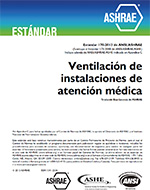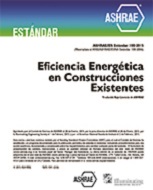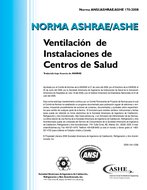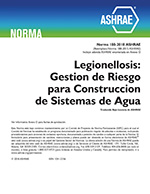Description
Recent improvements in aerial thermographic techniques, particularly in achievable spatial resolution and noise equivalent temperature variation, have enabled the use of thermography in a more objective fashion. Interpretation of the information contained in thermograms has also been improved through the use of certain techniques accounting for roof material type (emissivity), background effects, and atmospheric variables. With current methods, roof surface temperature from aerial imagery can be measured to within 1.8°F (1.0°C) of the actual temperature. These advances in thermogram analysis have opened the door for potential direct measurement of rooftop heat-loss levels from thermogram data. Ultimately, it is felt that this type of information would make it feasible to direct intensive energy-conservation efforts toward a smaller population, where the need and cost benefits will be the greatest.
Product Details
- Published:
- 1983
- Number of Pages:
- 10
- File Size:
- 1 file , 3.6 MB
- Product Code(s):
- D-DC-83-02-2
- Note:
- This product is unavailable in Russia, Belarus




